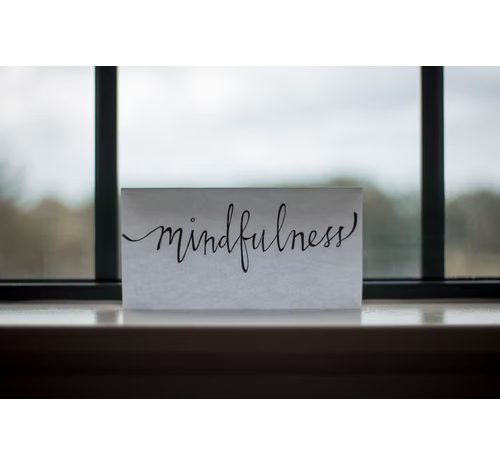When teens learn about coping with mental health issues, they are inundated with messages that use language like “fighting,” “tackling,” and “conquering” to stress how teens should face these experiences.
What is often lost in these messages is that one of the most useful ways to “fight” depression, “tackle” anxiety, or “conquer” any type of mental health issue is not to relentlessly and aggressively try to attack these issues, but to take a step back and accept them instead.
By acceptance, we don’t mean setting aside helpful coping strategies, therapy sessions, and other resources that can help treat anxiety and depression. We mean that teens should learn to be aware of these feelings and to be gentle with themselves for having these feelings.
Many teens judge themselves for feeling depressed, so they do everything they can to mask or cope with these emotions. Unfortunately, this can lead to problem behaviors, substance abuse, and feelings of shame that can exacerbate their feelings of depression.
Likewise, in an attempt to not feel anxious, many teens adopt avoidance behaviors that can actually make their social anxiety worse.
While these actions might make your teen feel like they are making progress toward overcoming feelings of depression and anxiety, they don’t help at all.
Instead of taking these paths to reduce their anxiety and depression, teens should prioritize exploring mindfulness and developing their self-compassion skills instead.
While these ideas might seem like a simple approach to a complex issue, these practices can make a monumental difference when it comes to decreasing anxiety and depression.
1. Mindfulness reduces stress
Practicing mindfulness is a powerful way for teens to reduce their feelings of anxiety and depression.
Mindfulness helps teens with these issues in a few key ways:
Improving self-awareness: Mindfulness helps teens become aware of their feelings before they can spiral out of control. Your teen will be able to recognize when they are starting to feel overwhelmed and anxious so they can utilize coping strategies before these feelings.
Grounding: When your teen practices meditation, journaling, and other mindfulness techniques, it will help them learn to breathe and stay present in the moment instead of focusing on the things that are making them feel anxious.
Reducing shame: When your teen is able to see their anxiety and depression as feelings and not as core parts of their identity, they will be able to address these feelings without feeling ashamed for having them.
Providing peace: Mindfulness gives teens a break from the constant demands that tug at their attention and energy, causing them to feel overwhelmed. Instead of worrying about meeting societal standards, comparing themselves with others on social media, or stressing about upcoming exams, teens can relax for a moment and block out this noise that often worsens mental health issues.
Encourage your teen to set aside time each day to practice mindfulness, and you will begin to notice them making positive progress toward managing their mental health.
2. Self-compassion builds resilience
Self-compassion is another skill that can decrease anxiety and depression in teens. Practicing self-compassion builds resilience because it allows teens to realize that;
they are more than the feelings they are experiencing
they should be proud of themselves just for surviving and addressing these feelings
they have made it through this tough experience so far, so they can continue to make it in the future
By being patient with themselves, understanding that their feelings are valid, and recognizing that their depression and anxiety do not influence their worth, teens won’t feel like they are incapable of handling their mental health issues.
As a parent, you can help your teen with this by showing them ways to practice mindfulness each day and reminding them to treat themselves with grace, compassion, and gentleness.
Encourage your teen to keep a journal to help them reduce stress, acknowledge their feelings, and write positive affirmations about themselves. Have them try yoga, meditation, or a similar activity that will allow them to practice self-care and be mindful of their emotions.
If your teen is wrestling with anxiety and depression, it is important for them to know that they are not alone and that with the right strategies, they can reduce the symptoms of the mental health issues they experience.
